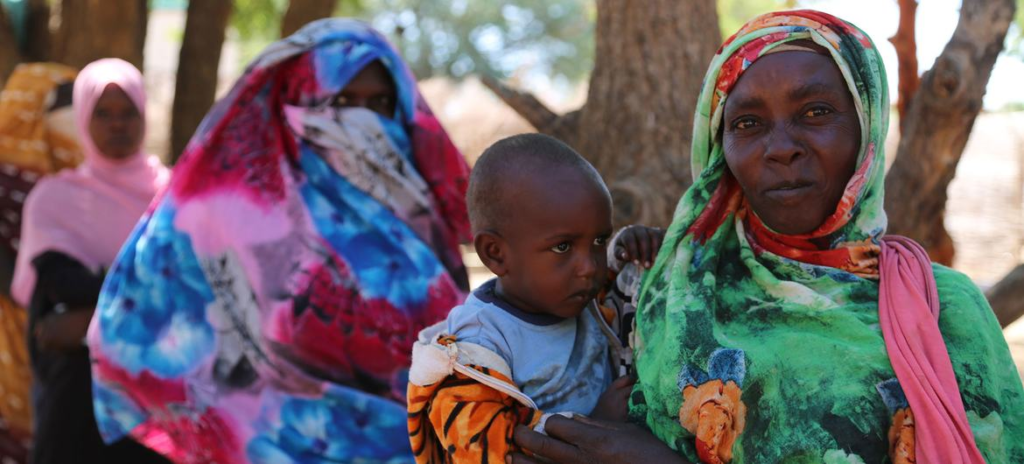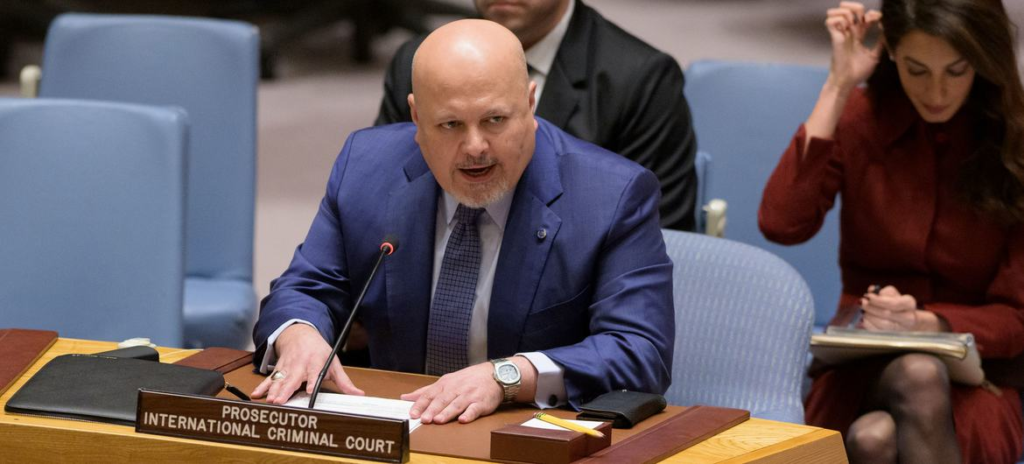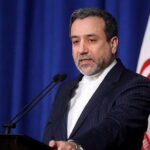
New York, USA, 26 January 2023-/African Media Agency(AMA)/ “Swift progress” has been made at the International Criminal Court (ICC) in the trial against a former Janjaweed leader in Sudan’s Darfur region, but cooperation with the Government has deteriorated, the UN Security Council heard on Wednesday.
Presenting his latest report, ICC Prosecutor Karim Khan updated ambassadors on proceedings against Ali Muhammad Ali Abd-Al-Rahman, also known as “Ali Kushayb”, charged with 31 counts of war crimes and crimes against humanity.
These atrocities were allegedly committed during the Darfur conflict which began in 2003, pitting Sudanese Government forces, backed by militia groups known as the Janjaweed, against rebel movements. Hundreds of thousands of people were killed, and millions more displaced.
Efficient pace
The Security Council referred the situation in Darfur to the ICC through its Resolution 1593, adopted in March 2005.
“I’m delighted to say that the trial is making swift progress and the prosecution intends to close its case by the end of next month,” said Mr. Khan.
“As reflected in the report, this therefore makes the pace of the trial the most efficient since the establishment of the Court,” he added.
Confronting the accused
The trial against Mr Abd-Al-Rahman began last April and 50 people have given harrowing testimony over a period of 78 days in session.
“These witnesses have had the opportunity to confront the accused, to have their accounts tested before independent impartial judges, creating a record that will pave the way at the end of the process for a determination to be made on what took place and whether the accused is responsible,” Mr. Khan continued.

‘New administrative hurdles’
Although cooperation from the Sudanese Government is critical, the ICC Prosecutor reported that many important promises and agreements – including Memoranda of Understanding signed during his visit to the capital, Khartoum, last year – remain outstanding.
“And indeed, it’s my unfortunate duty to say that cooperation has deteriorated, not improved, since my last briefing,” he said.
Despite commitments, access to the country has become more difficult due to “new administrative hurdles”, and “Sisyphean efforts are required in order to simply obtain a single entry visa.”
Even when ICC staff have entered Sudan, they must wait for internal travel permits, including to go to Darfur. The Court also has not received assistance with accessing public locations such as the National Archives, nor formal approval to establish an office in Khartoum.
Change in approach
Mr. Khan stressed that “a change in posture is needed” in Sudan, though emphasizing his willingness to engage with the Government.
“And if we do not see a change of approach, I may have no option in the next report but maybe to commend certain other action by Member States in the next period,” he said.
The Prosecutor expressed hope that his next briefing to the Council will reflect “a renewed common effort” between his office and the Sudanese authorities.
Distributed by African Media Agency (AMA) on behalf of UN NEWS.
The post Sudan: Progress in Darfur militia leader trial, but Government cooperation wanes appeared first on African Media Agency.





